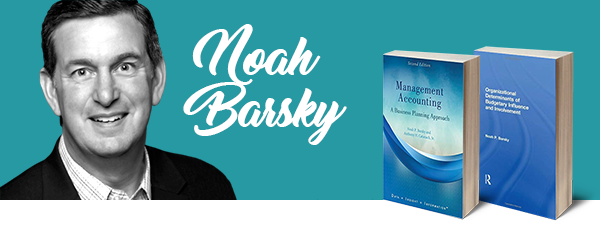Growth should be exciting, but, if not properly governed, can generate much apprehension, tension, and noticeable reluctance. The antidote to organizational inertia, unmet goals, and related career plateaus hides in plain view – business acumen. While most employees are adept at tasks and responsibilities, many often cannot articulate why their work is important.
Enhancing business acumen about how the organization competes, performs, and utilizes key resources holds the key to maximizing employees’ talents and functional expertise. Knowing more about the business sparks curiosity, illuminates job relevance, builds a success culture, and can motivate commitment to previously unimaginable levels of achievement. For those who expand, hone, and renew business acumen, results follow and career trajectory soars.
What are business acumen essentials? Senior leaders and executive program participants most often identify and agree on these four fundamentals:
START WITH A CLEAR AND UNIFIED UNDERSTANDING OF STRATEGY
Business strategy can simply and clearly be defined in terms of how a company creates customer value and differentiates itself from the competition. Frequently lost in a buzzword morass, strategic insight starts with clearly identifying the existing and emerging competitors, not only by name, but size, strength, and intentions. Coupling competitive intelligence with insights about existing and prospective customers provides the key elements of credible market presence. Most importantly, strategic clarity reinforces why employees’ work matters and provides an unambiguous reference for business planning, review, and evaluation.
RECOGNIZE THAT RISK IS EVERYONE’S RESPONSIBILITY
Risk is often considered to be solely the domain of compliance, legal, and human resource professionals. While, as a minimum, companies should certainly abide by laws, meet regulations, and honor policies, risk avoidance, and mitigation are insufficient for a lasting, thriving enterprise. Business, at its essence, is a risk-seeking and risk-taking endeavor. Employees must understand the external and internal risks that their organization faces and the necessary actions to manage each (and those that emerge) as the entity navigates its competitive market. The foundation for understanding business risks resides in understanding a firm’s value chain and its purpose in strategy execution. Regardless of the method, good governance stabilizes growth.
REALIZE THAT MONEY IS THE REWARD NOT THE REASON
Employees must, in some way, have a concept of their company’s financial condition and the consequences of (in)actions. Without necessarily becoming a CPA or financial analyst, those with a basic awareness of their employer’s financials relative to prior years, competitors, and budget, have the perspective required for sound economic choices. The company’s sales growth, profitability, cash flow flexibility, debt service, and overall financial viability either enable or restrict activities and initiatives. Profitability is imperative to reinvest in the business, increase wages, sustain operations, and maintain access to capital. In top organizations, the finance function stewards scarce resources and works cross-organizationally with informed leaders who must spend and invest wisely for short-term needs and future well-being. Business choices require due financial consideration – from all.
MANAGE THE BUSINESS, NOT THE METRICS
Well-run businesses, exceptional employees, quality offerings, and leading technology score well on any scale. In an era of data abundance, companies need professionals who can focus the workforce on metrics that truly matter – those that drive meaningful outcomes, not simply tabulating quantifiable outputs. Performance measurement is essential to calibrate business decisions, but should never be an isolated obsession. Those who advocate to make numbers “look good” can descend down a dangerous path of “form over substance” with incentives to manipulate, misreport, or worse. Performance measures, chosen with care and courage, offer candid insight into a company’s progress on strategic priorities, as fulfilled by operational excellence helmed by trusted leaders.
On scales of 1-10, ask yourself and others how well your workplace fares in terms of insight about strategy, risk, finances, and performance measurement. The answers reveal the areas of greatest strength and opportunity. Take action to improve ratings by just one point on each scale and marvel at how employees find more purpose in their jobs, energize the workplace, and perform better. Business acumen is the oft-overlooked differentiator that can enable you and your colleagues to deliver growth that your organization expects and deserves, and, even more importantly, because its future and your career depend on it.
ABOUT NOAH BARSKY PhD
Noah P. Barsky, PhD, is a professor at the Villanova University School of Business. He has also been a faculty member with the Institute for Management Studies since 2001. Dr. Barsky serves on business advisory boards and delivers executive education programs for Fortune 100 companies, global professional services firms, and industry associations. He has authored five books and published over seventy articles in various academic and professional journals. To learn more about Dr. Barsky and view his upcoming IMS programs CLICK HERE.
